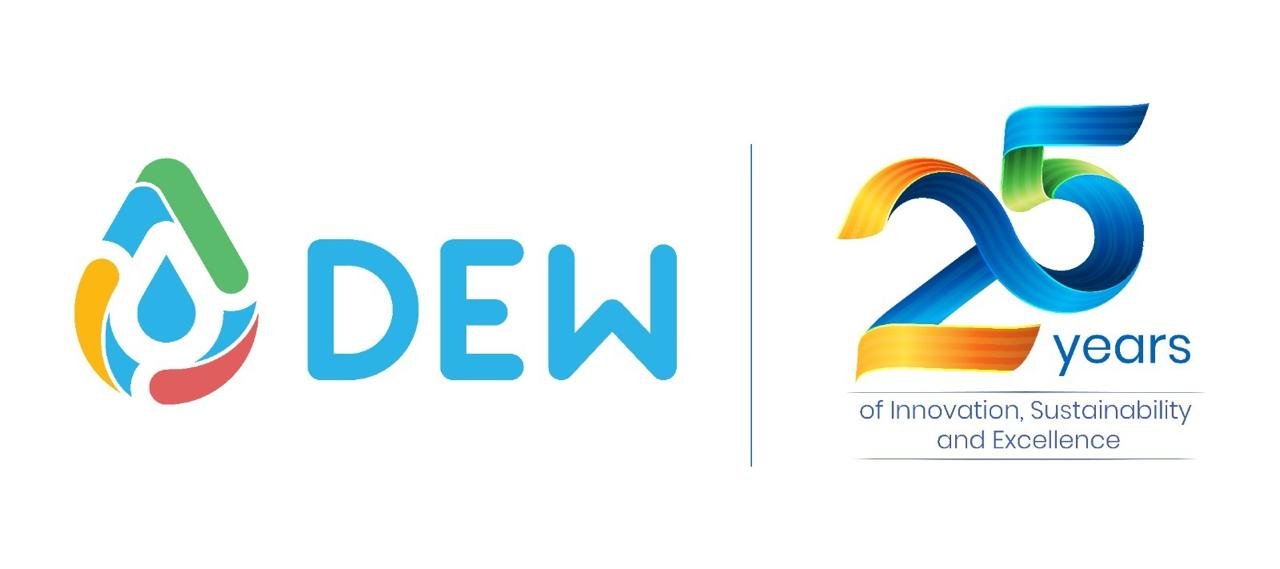At Dew, we are steadfastly committed to pioneering new technologies that extend access to water resources for communities worldwide. We offer an extensive range of membrane technologies meticulously designed to cater to a broad spectrum of requirements, ensuring that more people can benefit from reliable water solutions.
Reverse Osmosis Systems
Reverse Osmosis (RO) employs a semi-permeable membrane that allows water molecules to pass through, while rejecting larger molecules. Water which enters the RO system is separated into two streams: pure product water (permeate) and salty water containing unwanted compounds (concentrate). The permeate is virtually free of all organics and typically contains less than ten (10%) of the dissolved minerals originally present.
Nanofiltration Systems
Nanofiltration (NF) operates essentially the same as RO except that the membrane allows more of the dissolved solids to pass through. NF membranes also operate at lower pressure than RO membranes. Applications where final water quality is not as critical, feed water pressure must be minimized, or where there is a desire to pass more minerals (as in some drinking water applications), then may be the correct technology.
Ultrafiltration Systems
Ultrafiltration (UF) is a pressure driven membrane process, with the operating pressure of the system dependendent upon the feed water temperature and filtrate flow. When compared to other membrane processes (such as reverse osmosis), UF systems require a much lower amount of pressure for operation. Typically, an ultrafiltration system will operate between 1.0 to 3 Kg/Cm2.
Electrodeionization (EDI)
EDI is usually considered a water treatment technology that utilizes an electrode to ionize water molecules and separate dissolved ions (impurities) from water. It differs from other water purification technologies in that it is done without the use of chemicals and is usually a tertiary treatment to reverse osmosis (RO).

